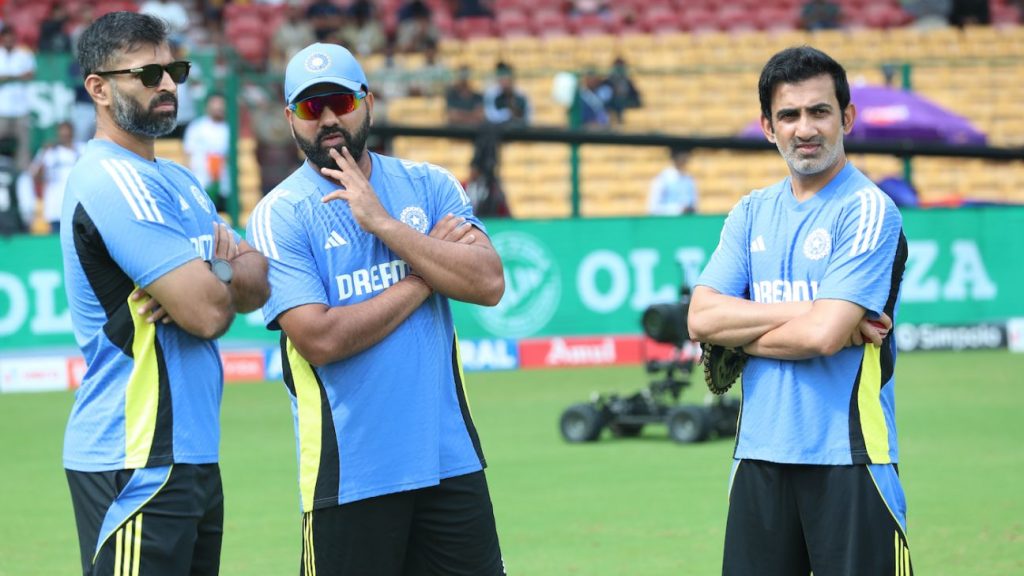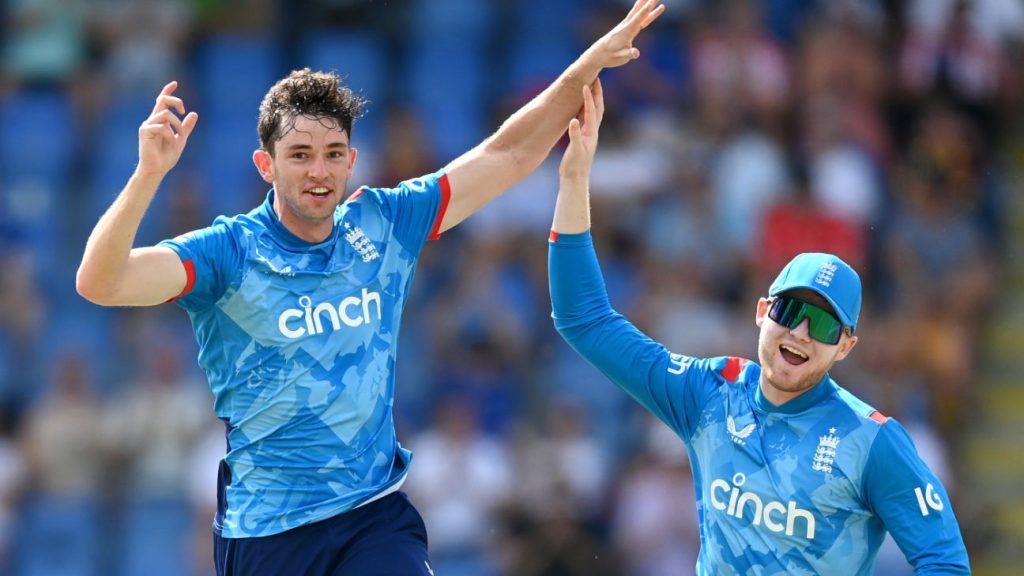Vice-captain underlines change of approach with hosts hoping to engineer Pindi turner

There is little secret about Pakistan's ambitions for the pitch by now. Before the second Test reached its inevitable conclusion, Aleem Dar and Aqib Javed were already on their way to Rawalpindi to oversee work on the pitch for the final Test. At the post-match press conference in Multan, Shan Masood said he'd like the surface to take turn. Two days later, giant heaters, the sort usually seen in Pakistan for open air winter wedding events, were positioned on the edges of the strip, with windbreakers encircling it for maximum efficiency. Industrial-sized fans accompanied them.
None of this has gone unnoticed by an England side who appeared largely out-of-ideas for how to combat Pakistan's spinners on a turning track in Multan. Harry Brook told a press conference he believed the Pindi surface had been "raked" by groundstaff to speed up the deterioration process that brings spinners into games early. Shortly after, England announced a playing XI featuring just one specialist seamer in Gus Atkinson, with legspinner Rehan Ahmed coming in.
Pakistan have needed to adopt extreme measures to increase the odds of a turning track, because, unlike in Multan, they are attempting to make the surface behave against its nature. Unlike in Multan, there isn't a used surface available, as was the case when Pakistan decided to recycle the same strip as the first Test for the next game. Masood said he had "never seen it take turn" in Pindi, and his vice-captain, Saud Shakeel, echoed that, while saying he was hopeful this time would be different.
"If you look at the difference between Multan and Pindi, there's a difference of climate," Shakeel said. "Multan is warmer than Pindi, Multan is warmer and more humid compared to Pindi. Pindi favours fast bowlers slightly and has more bounce, compared to Multan. The groundsman prepares according to that, and I think that's what causes the changes in the pitch.
"But the way the pitch looks and the success we got in the second Test, we'll try for a similar kind of pitch that favours us and helps us win this game."
Since returning from the UAE, Pakistan have agonised over how best to use home advantage. In the first couple of years, the wisdom was to shift sharply from their tactics in the UAE, reverting to seam-friendly pitches they believed would be easier to prepare. It coincided with a young crop of fast bowlers, primarily Shaheen Afridi and Naseem Shah, coming up. Early encouragement, such as a Naseem five-for against Sri Lanka and a hat-trick against Bangladesh, followed up by a two-Test series win over South Africa where Afridi took five wickets on a decisive final day in Pindi, appeared to vindicate that tactic.
However, since Pakistan deliberately neutered a surface in Pindi ahead of a Test against Australia, seam-friendly pitches vanished overnight. Pakistan went on an 11-match winless run at home, their joint longest, losing seven of those games. That streak was only broken on a crumbling track in Multan last week.
It appears, for now, to have led to a sharp volte-face in the PCB's thinking. "We should look at pitches for series to series and match to match. And we've come to realise this quite late," Shakeel said. "If you want to prepare for SENA [series in South Africa, England, New Zealand and Australia], you can do it during practice and first-class cricket. If there's first-class cricket before South Africa, we could prepare those kinds of pitches there. But we should prepare pitches and conditions series-by-series, and according to the opposition.
"Our comeback in the second game gave us a really good morale boost. A win is always very helpful in creating a positive atmosphere. We'll try to give spinners an advantage once more because they struggled with that in the second Test."
Pakistan opted not to name their XI on Tuesday, as England have done, preferring a longer look at the surface. Legspinner Zahid Mahmood was ineffective despite helpful conditions in Multan, bowling only six overs all match, potentially raising the chances slightly of playing a specialist seamer.
Ultimately, with England having named three spinners, that appears unlikely. "I can't say at the moment, because we haven't discussed this," Shakeel said. "If there's a spinning pitch, we may go with three spinners again."
Copyright Notice:
Datavictory copyrights this specification. No part of this specification may be reproduced in any form or means, without the prior written consent of Datavictory.
Link:


